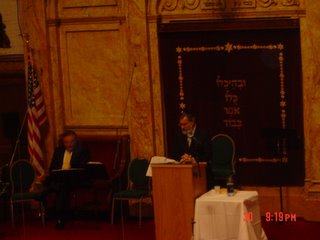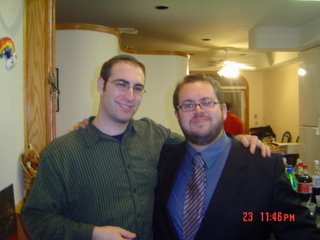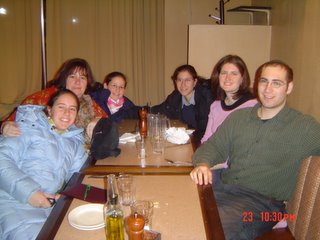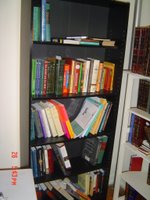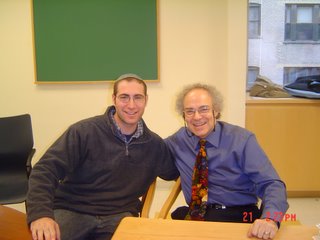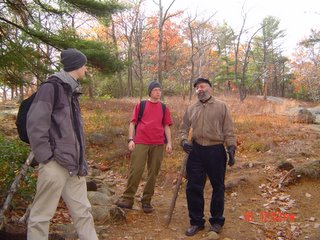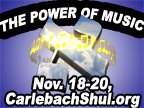The first topic is something about which I am horribly remiss: the downside to a more critical study of the Talmud. A problem which was raised on Monday in our Modern Orthodoxy class is that a downside to this approach is to mess with people's understanding and experiential approach to halakhah and Jewish life. With dealing with the study method that has heretofore been widespread, there is an ahistorical bent to it, which is frustrating to us historically-minded moderns, but at least it's not given to questioning all that much about the eternality or certitude of elements of Jewish law. When one starts to realize and witness the development of Jewish law, life, and practice unfolding before one's eyes, it can be both marvelous (as I had previously mentioned) as well as able to puncture a hole in someone's experiencing of things. Until I can figure out how to better articulate this danger, I will merely stick with what's here.

The other topic is one of my critical approach to Talmud study: I don't think it's fair to academics to call my approach academic. Why not? Simple - I have no formal training in this area. Furthermore, the main two tools I employ are identifying when the respective sages lived, as well as parsing out the different layering going on in the gemarra (see picture for a section of the Talmud that I have highlighted according to the different elements making up the section). I have been trying, as of late, to try to devise a good highlighting system in order to better enable me to understand the Talmud: I have one color for Tannaite statements, two colors for Amoraic statements: one for formal legal statements and one for talking (marked by Aramaic), and two colors (so far) for the different voices of the [different] stam[s]. I may also add more colors for other identifications.
